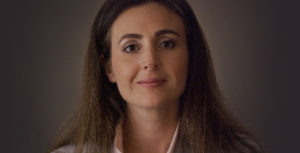Project Overview
Like many small rural towns, New Lebanon, New York, has seen its share of economic challenges: houses sunk into disrepair; farms gone to weed; businesses shuttered. In response, Behold! New Lebanon was conceived as a model for place-based development, showing how rural ingenuity can be tapped to ignite a fresh sense of cultural and economic opportunity. Employing residents who present their stories, skills, and knowledge to visitors as “rural guides”—including farm-dog trainers, printing artisans, and bog ecologists—the project launched a “living museum of contemporary rural life,” attracting hundreds of tourists from nearby metropolitan centers. With dozens of residents participating each season (and guides earning a professional wage), Behold! posited that if visitors understand the contribution made by rural places to the national good, they’ll be more likely to work to preserve them—and, in turn, nurture a new future for rural America. In 2018, following several seasons in New Lebanon, founder Ruth J. Abram retired from Behold!, and the organization’s programming was absorbed by the Shaker Museum | Mount Lebanon, whose educational activities sought to celebrate the kindred values of New Lebanon’s contemporary rural guides and the original Shakers.
Five Questions
Learn more about this project
Meet our other 2015 awardees
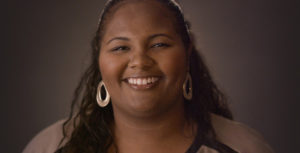
ScholarCHIPS for Children of Incarcerated Parents
Washington, D.C.
To break the cycle of intergenerational incarceration, ScholarCHIPS supports college students in the Washington, D.C. area who are among the millions of children in America with incarcerated parents.
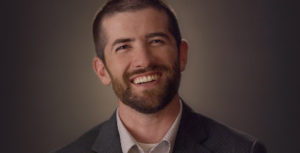
Washington State
Through a unique blend of peer mentoring, community farming, and “dirt therapy,” Growing Veterans uses sustainable agriculture as a catalyst for ending veteran isolation.
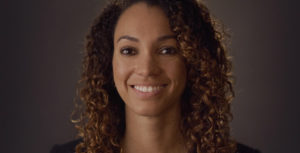
California
This peer-support program’s “healing to advocacy” agenda empowers women with incarcerated loved ones to push for social and policy reform, while boosting their economic resilience.
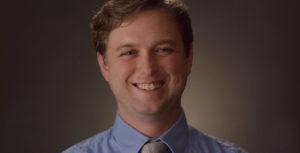
West Virginia
Tackling the economic, cultural, and environmental distress of West Virginia’s collapsing coal economy, Reclaim Appalachia creates new economic opportunities rooted in a vibrant spirit of place.

California
Bringing local fish into schools proves a powerful way to cultivate the next generation of ocean stewards, while promoting sustainable seafood and supporting a community’s fishing industry.
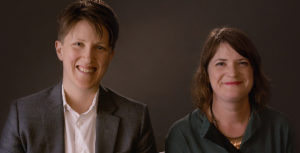
New York and North Carolina
To advance worker well-being, Coworker.org harnesses online tools to advocate for freelancers, independent contractors, and others in today’s gig-based workforce.
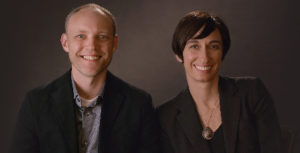
Elizabeth Monoian &Robert Ferry
Washington State
A series of large-scale public art installations seeks to transform unloved clean-energy infrastructure into wildly inspiring cultural and economic assets.
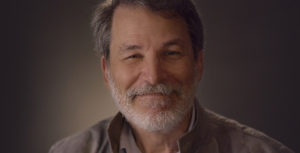
New York
A global network of tech-enabled partners uses advanced production tools to deliver life-changing prosthetic hands and arms to those who need them most.

 Learn More
Learn More